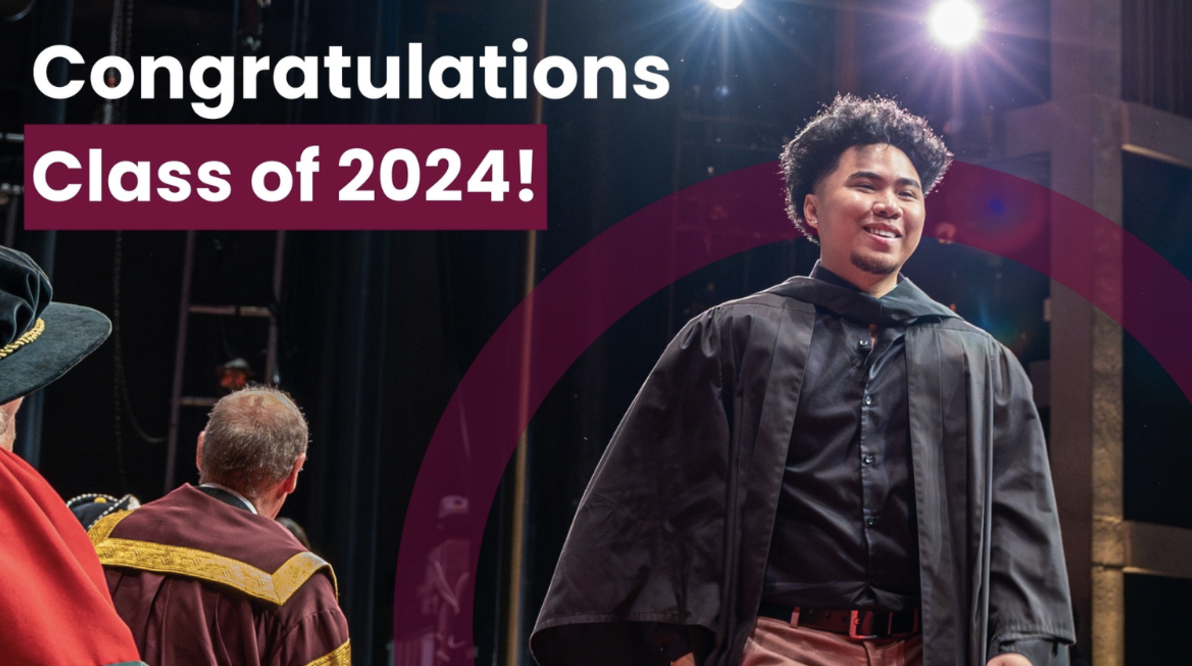Graduate student focuses on women’s health in the Mavrovouni refugee camp (Lesvos, Greece)
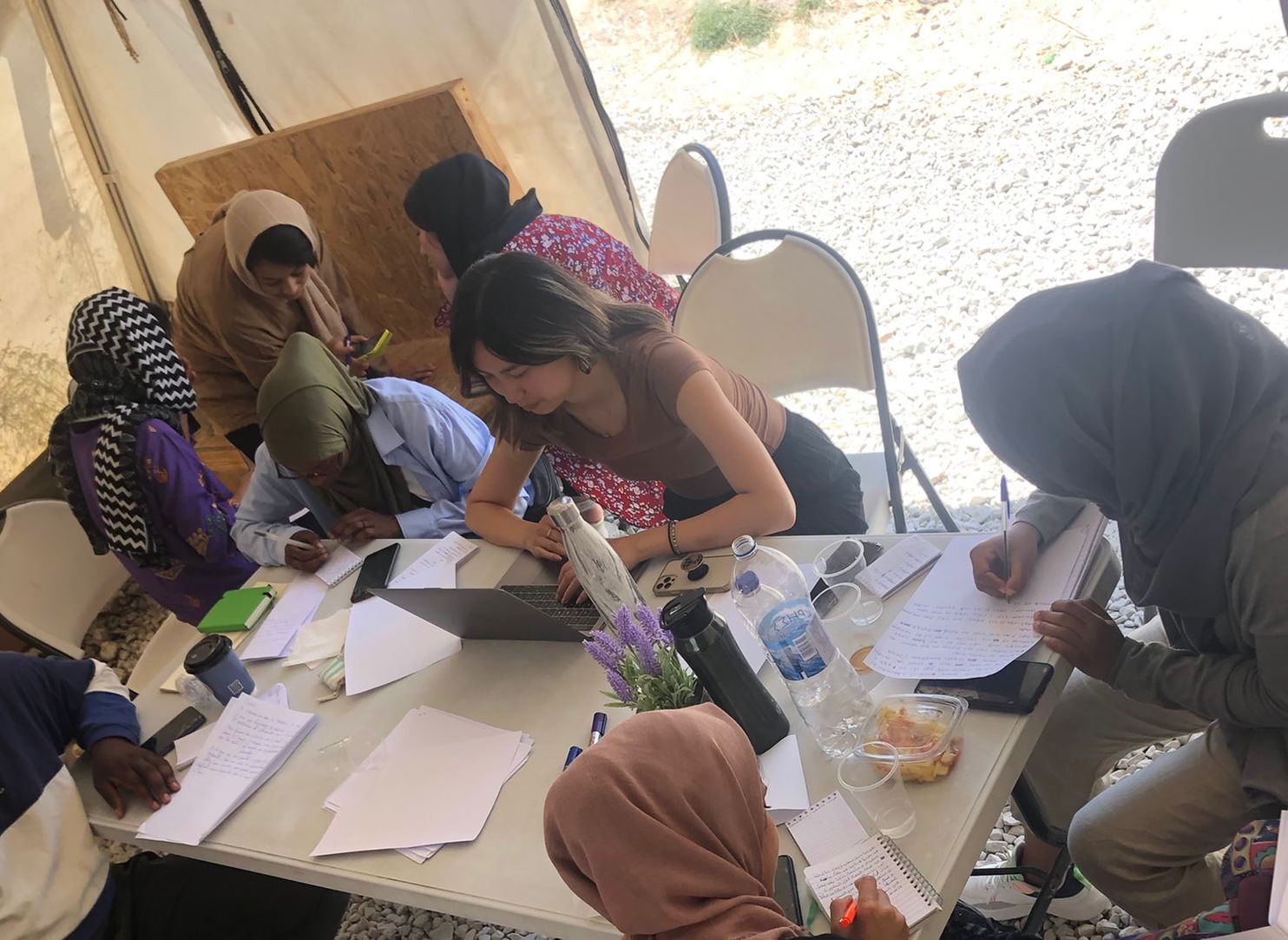
According to the United Nations High Commissioner for Refugees, over 100 million people are forcibly displaced due to persecution, war, violence, human rights violations, and events such as natural disasters.
Asylum seekers and refugees continue to arrive in Greece in search of safety, only to find themselves stranded in the country. Lesbos, as a migration route is largely due to its proximity to Turkey. The coast of Turkey is approximately six miles by water, and the waters around the island of Lesbos are known to be calmer than other areas of crossing.
With health and well-being jeopardized, the lives of the most vulnerable can be at risk. For refugee women and girls, access to sexual and reproductive health care and services is often limited. Currently working on a research project in the Mavrovouni refugee camp in Lesvos, Greece, Master of Science in Global Health student Celine Chen is completing a work-integrated learning placement with the University of Amsterdam. The project focuses on the sexual and reproductive health (SRH) of refugee women living in the refugee camp.
Working on the quantitative arm of the mixed-methods study, Celine is supporting by conducting household surveys to assess the SRH needs of the women, as well as a facility assessment looking at the SRH services provided inside and outside of the refugee camp.
With an interest in learning about refugee health and a passion for women’s health, Celine is gaining a deeper understanding of the humanitarian landscape. Having the opportunity to integrate knowledge acquired throughout the MSc in Global Health Program, she remarks, “This experience has allowed me to build on global health program competencies such as cross-cultural intuition. I have had the opportunity to work with amazing people from many different countries, including Afghanistan, Somalia, Eritrea, Congo, Iraq, and more. Through this, I have learned to work in communities with cultural and religious differences and with different proficiencies in English.”
We were interested to learn more about Celine’s experience working with the diverse community in the Mavrovouni refugee camp.
Here is what she had to say:
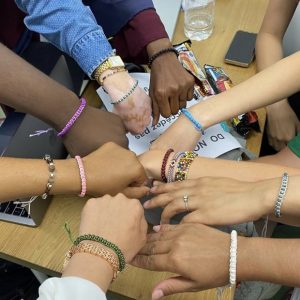
Due to the participatory nature of the research project, I appreciate that I can learn from the co-researchers who previously or currently live in the refugee camp throughout the entire research process. I have also learned how to cook Borani Banjan, an Afghan dish, to some traditional Somali dance moves. It has been so much fun sharing food, seeing traditional dances, learning phrases of different languages, and sharing music from different countries.
Through opportunities such as this, graduate students gain real-world experience with activities targeted to the SDG’s and develop cross-cutting skills within a global context, which prepares them for careers in a globalized world.
Global Health News
Related News
News Listing
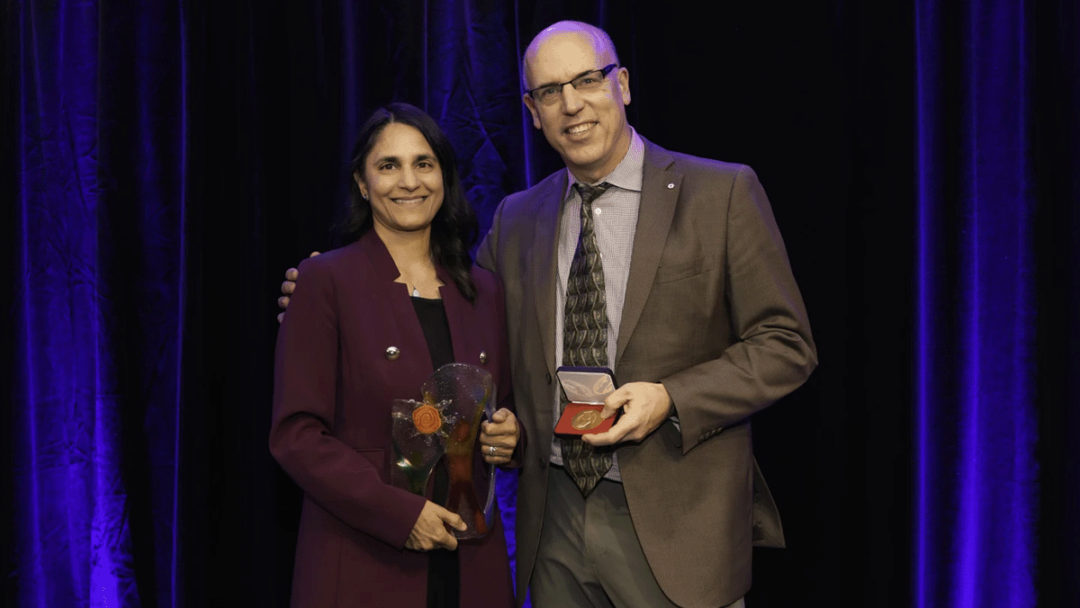
Faculty of Health Sciences News ➚
Sonia Anand recognized with HRF Diversity & Equity in Research Award
Global Health News
27 minutes ago
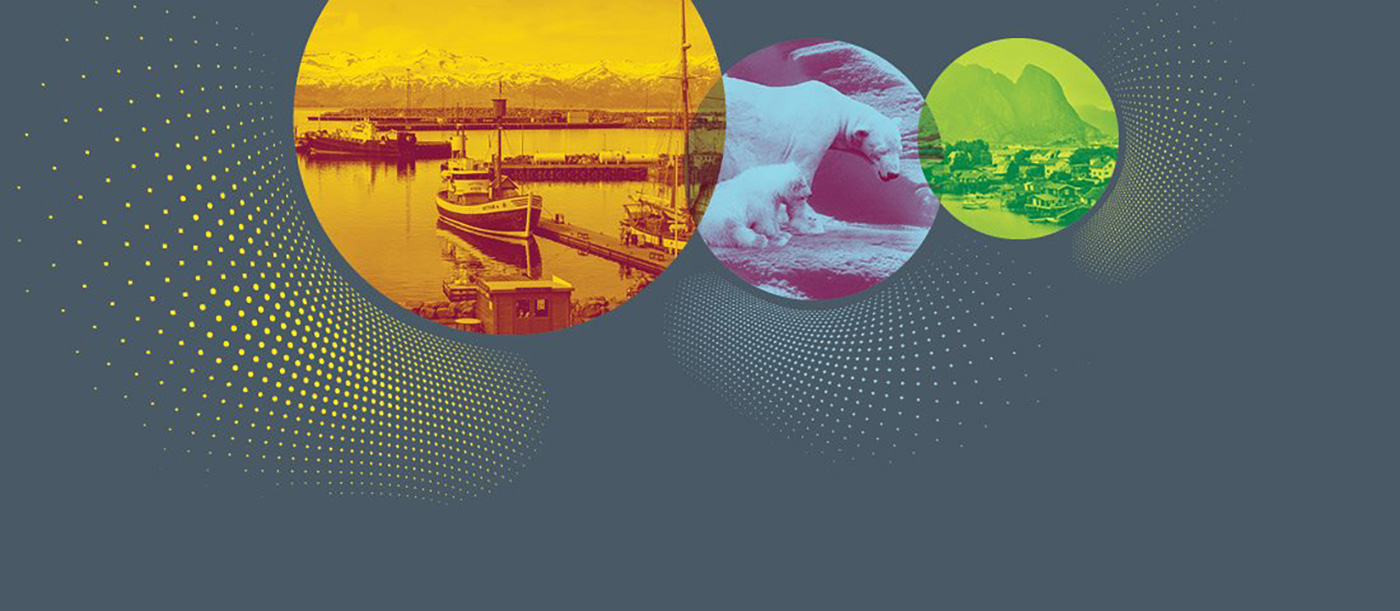
Health and Humanitarian Implications of War, Crises, and Conflict
Global Health News
November 11, 2024

